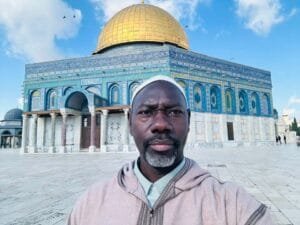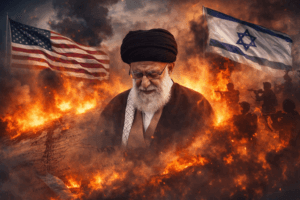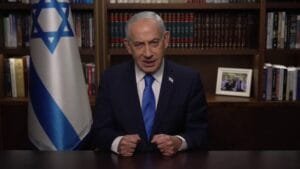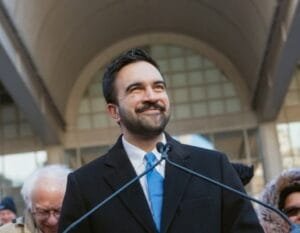UN officials meet Zelenskyy to discuss $3.32b humanitarian aid for Ukraine
Senior United Nations officials convened with Ukrainian President Volodymyr Zelenskyy in Kyiv to deliberate on bolstering humanitarian aid for Ukraine amid its ongoing conflict with Russia.
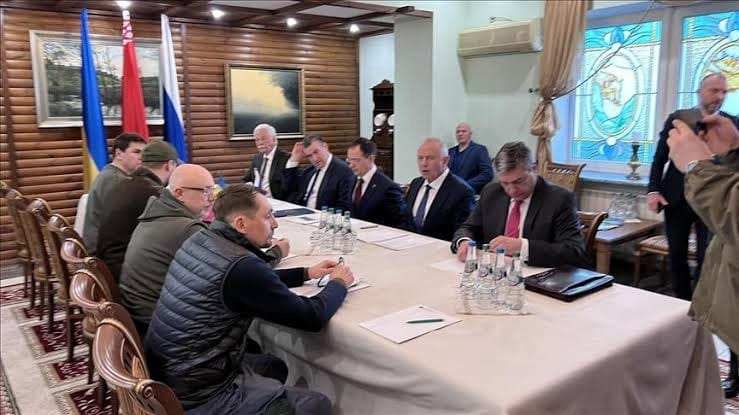
Senior United Nations officials convened with Ukrainian President Volodymyr Zelenskyy in Kyiv to deliberate on bolstering humanitarian aid for Ukraine amid its ongoing conflict with Russia. This meeting coincided with the UN’s appeal for $3.32 billion (€3.22 billion) aimed at supporting over eight million people impacted by the war.
The UN emphasized that the funds would “support critical assistance” for approximately six million individuals within Ukraine. Additionally, part of the allocation is earmarked for aiding the governments of 11 countries hosting Ukrainian refugees.

Among the high-profile attendees were UN Under-Secretary-General for Humanitarian Affairs and Emergency Relief Coordinator Tom Fletcher and UN High Commissioner for Refugees Filippo Grandi. Fletcher remarked, “This is the first visit we’ve done as a joint visit and it’s a sign of our solidarity as the whole UN family. We’ve been with you throughout this war and we’re here to demonstrate that solidarity.”
Fletcher and Grandi assured Zelenskyy of the UN’s commitment to close collaboration in strengthening Ukraine’s humanitarian framework. Fletcher, known for his tenure as the UK’s ambassador to Lebanon and his advisory roles to three UK prime ministers, underscored the UN’s ongoing support.
Earlier in the day, Zelenskyy refrained from speculating on the future security landscape for Ukraine, especially with Donald Trump’s imminent inauguration as U.S. President. “It is too early to talk about the details, because we have not yet had a detailed conversation with the new U.S. administration about security guarantees,” Zelenskyy stated during a joint briefing with British Prime Minister Keir Starmer. He added, “This is all ahead, and only after that will we understand the construction of the future security for Ukraine.”
Starmer, on his first visit to Ukraine since assuming office, pledged the UK’s enduring support through a ‘100-Year Partnership’ treaty. This comprehensive agreement covers defense, science, energy, and trade. Starmer reiterated the UK’s commitment, saying, “The route to a just and lasting peace comes through strength. We will work with allies to reject this aggression, uphold international law, and strengthen your hand now.”
Discussing future security frameworks, Starmer underscored the importance of maintaining Ukraine’s strong position. “When we say Ukraine must be in the strongest possible position, that can’t be just words,” he stressed, highlighting the ongoing discussions with Zelenskyy and the necessity of sustained effort into 2025.
The potential deployment of Western troops to monitor a future ceasefire, an idea floated by French President Emmanuel Macron, was also on the agenda. While Zelenskyy noted it was “a bit too early to talk about details,” Starmer expressed the UK’s willingness to participate, emphasizing, “If Russia succeeds in this aggression, it will impact all of us for a very, very long time.”
Italian Defence Chief Guido Crosetto also made a visit to Kyiv, following closely on the heels of German Defence Minister Boris Pistorius and recent communications between Zelenskyy and Macron. This flurry of diplomatic engagements occurs as the world anticipates potential shifts in U.S. foreign policy with Trump’s upcoming inauguration. Trump has criticized the financial support provided to Ukraine, suggesting Europe should bear a greater share of the burden and claiming he could end the war swiftly, though without specifying how.










